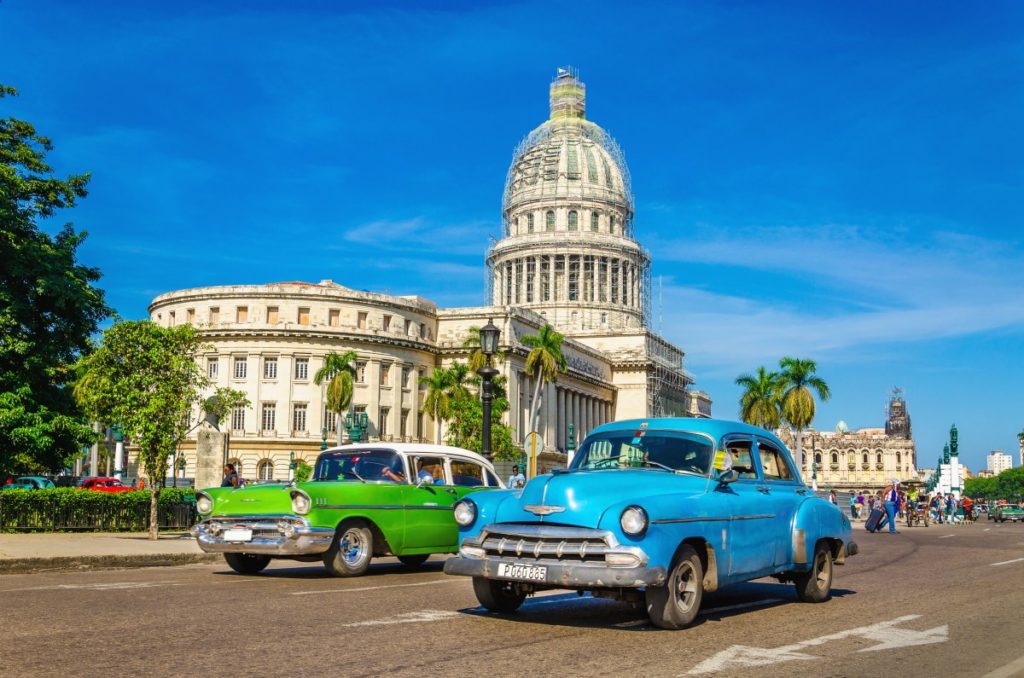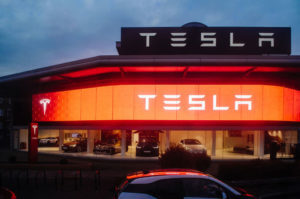The communist government of Cuba has forced its citizens to spend dollars at unique shops, establishing a difference between wealthy and poor.
On a boulevard in Havana’s colonial district, groups of people waited expectantly because the staff raised the shutters to open a decayed but restored store.
A little while after, Alejandro Domínguez, 23, emerged, brandishing meatballs and a huge can of tomatoes he had just bought with US dollar left as tourist tips at his family-owned restaurant.
The dollar came back to communist Cuba.
Economic Crisis in Cuba
Ever since the fall of the SSSR, Cubans with access to money that can buy higher-quality products in exclusive hard currency stores.
In the last two years, Cuba has progressively prohibited by canceling low-cost oil deliveries from its principal associate, Venezuela, and hardened sanctions imposed by a Trump administration eyeing the Cuban-American vote in Florida.
But the island’s cash crisis was delivered to a head by the global pandemic, which left Cuba without income from tourism for four months.
So on 20 July, the broke island opened 72 new “dollar stores,” selling various goods from milk to tools.
Cuban last opened dollar store in 1993 as an emergency improvisation when its economy was sinking during the notorious Special Period—the dollar taken out of spreading and replaced by the CUC in 2004.
The government’s rationale for reopening cash stores – extending the supply and shovel in offshore currency – is widely accepted, but the mordant irony of the measure escapes few.
Recognizing the dollar – possession of which was once a criminal offense – as legal tender is a reluctant nod to the United States’ financial power. But it’s also a regular admission that the CUC, which officially pegged at 1:1 with the dollar, isn’t worth the maximum amount because of the government interest.
The measure draws a line between the wealthy and, therefore, the poor.
The United States Dollar
Elio Núñez, 45, a welder who receives dollars from abroad, was queueing outside one of them, hoping to buy for soap, coffee, ham, or “whatever’s available .” Achieving absolute equality, he said, may be an illusion. “Some people can afford things, and others cannot. It’s like that the world ends.”
Maybe with optics in mind, the new supermarkets don’t allow customers to pay in cash. Instead, Cubans must deposit greenbacks in a dollar-denominated account and pay by debit card in-store.
In a passionate speech last month, President Miguel Diáz-Canel explained “the enemy” would force the method as “economic apartheid.” But dollar stores were crucial, he said, to urge the foreign exchange needed to stay the regular shops Cubans use better supplied.
Cuba’s domestic response to Covid-19 has mostly been successful, but the fallout has brought long-standing problems with the island’s listless, centrally planned economy.
Agriculture, a never-ending Achilles heel, has been clobbered: state media recently announced that the country is on target to supply just 160,000 rice this year – but 1 / 4 of what it consumes. Figures like these leave Cuba even more hooked into food imports when there’s less cash to form purchases.












One Response
Please let me know if you’re looking for a article author for your site. You have some really good posts and I believe I would be a good asset. If you ever want to take some of the load off, I’d love to write some articles for your blog in exchange for a link back to mine. Please shoot me an e-mail if interested. Thanks!